Our latest report, Still Struggling: Migrant Construction Workers in Qatar During the Pandemic, shows that foreign laborers in Qatar and throughout the Middle East are denied basic labor protections.
Less than One Percent: Low-Cost Responsible Recruitment in Qatar's Construction Sector
This research brief analyzes the cost of recruiting migrant laborers from South Asia to work on construction projects in Qatar. Using data from one large construction company, the Center's team shows that recruitment costs are far less than generally assumed by the industry, reinforcing that recruitment expenses ought to be paid by companies rather than by workers.
Research Brief: GULF CONSTRUCTION TRACKER: 2017 TRENDS IN CONTRACT AWARDS
How migrant mothers in Qatar work for a pittance, far away from their children
Report from event at Doha Georgetown
Boycott is affecting Qatar’s economy as well as workers
The embargo of Qatar is hurting foreign workers more than Qatari citizens
Pakistan’s Deported Masses
Business Practices Contribute to Exploitative Recruitment of Gulf Migrant Workers
How Migrant Workers Literally Pay To Build Architecture
Qatar’s Struggle to Reform Labor Laws
Center Report Finds Migrant Workers Bear the Cost Burden of Their Own Recruitment
A new study from the Center finds that construction companies operating in the Arabian Gulf are able to recruit millions of low-wage migrant workers without incurring the costs of the recruitment process. Instead, in this highly irregular system, most workers themselves are paying for their own recruitment – and much more – before they depart their home countries.
Making Workers Pay: Recruitment of the Migrant Labor Force in the Gulf Construction Industry
In March 2017, the Center published, Making Workers Pay: Recruitment of the Migrant Labor Force in the Gulf Construction Industry. The report revealed that workers regularly pay thousands of dollars over the real costs of recruitment to secure jobs. It also identified the business practices, both in Gulf construction and in the recruitment industry, that lead to the charging of these fees. The current system requires many workers to incur heavy debt, leaving them vulnerable to other forms of exploitation once they arrive in the Gulf.
Assessing FIFA’s Progress Since the Ruggie Report
Thoughts from Bangladesh and India: Corporate Practices Inflate Recruitment Fees for Low-Wage Migrant Workers
The Center for Business and Human Rights recently completed a research mission to Bangladesh and India focused on the recruitment of migrant construction workers bound for nations in the Arabian Gulf region. Early findings point to the need for companies operating in the Gulf to look at ways in which their own policies might contribute to cycles of debt entered into by many migrant workers.
UAE Report on Worker Welfare an Important Step toward Transparency, But Raises Some Concerns
NYU Stern Center for Business and Human Rights Comments on the FAR Case
The NYU Stern Center for Business and Human Rights welcomes the proposal by DoD, GSA, and NASA to amend the United States Federal Acquisition Regulation’s (FAR) Subpart 22.17, entitled Combating Trafficking in Persons, and the associated clause 52.222-50, in order to further clarify the FAR’s definition of “recruitment fees.” We also appreciate the opportunity provided to the public by the Defense Acquisition Regulations Council and the Civilian Agency Acquisition Council to submit early input in this pursuit.
New survey sheds light on construction practices in the Gulf
Legalizing Responsibility for Human Rights in Global Supply Chains
The 2016 International Labor Conference has spurred a flurry of reports on supply chains. Many call for a new ILO treaty on Global Supply Chains. Justine argues that laws will help but more rigorous discussion is needed on how to attribute responsibility up and down the chain - starting from the top using their leverage to restructure contracts.

























